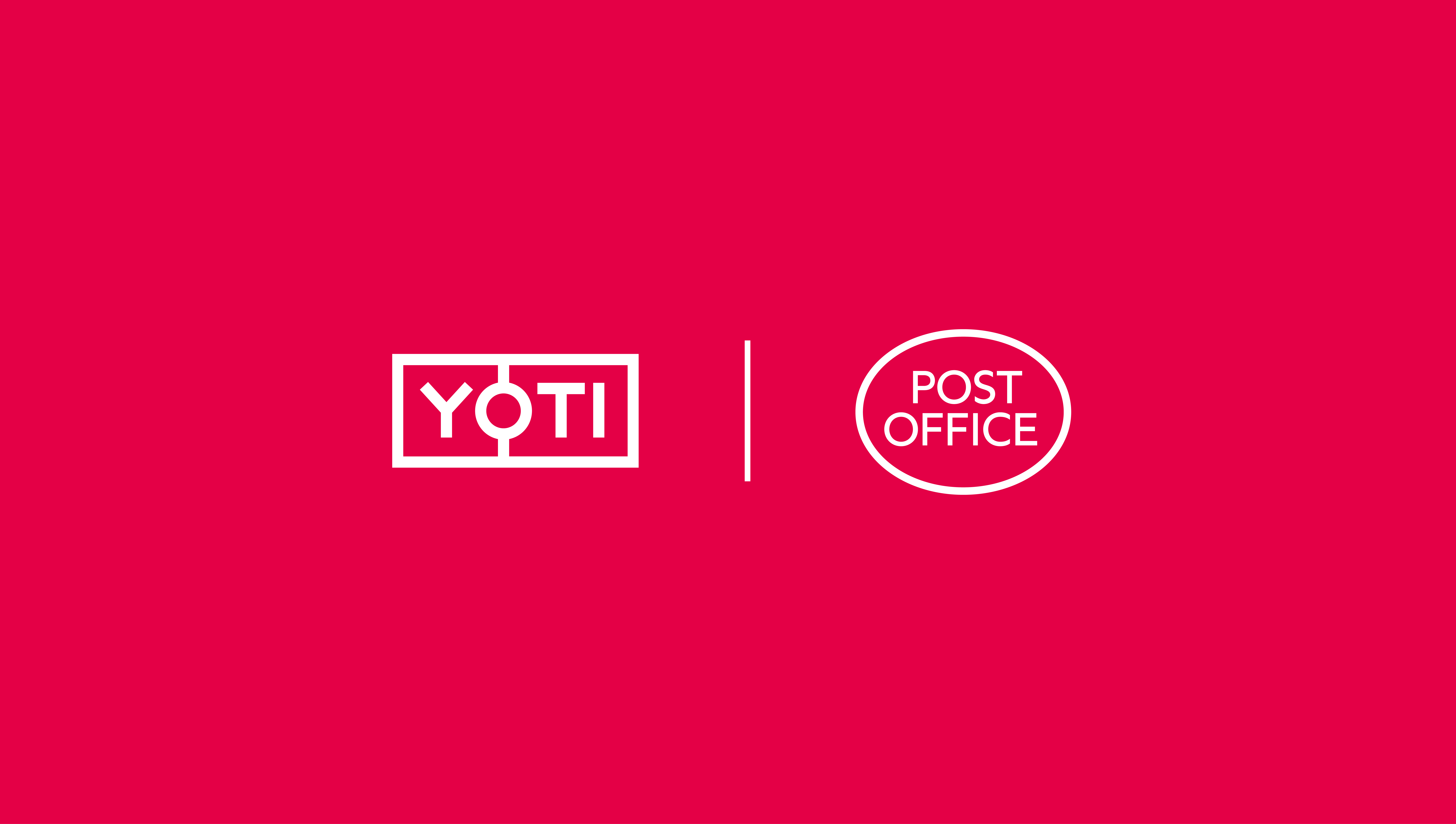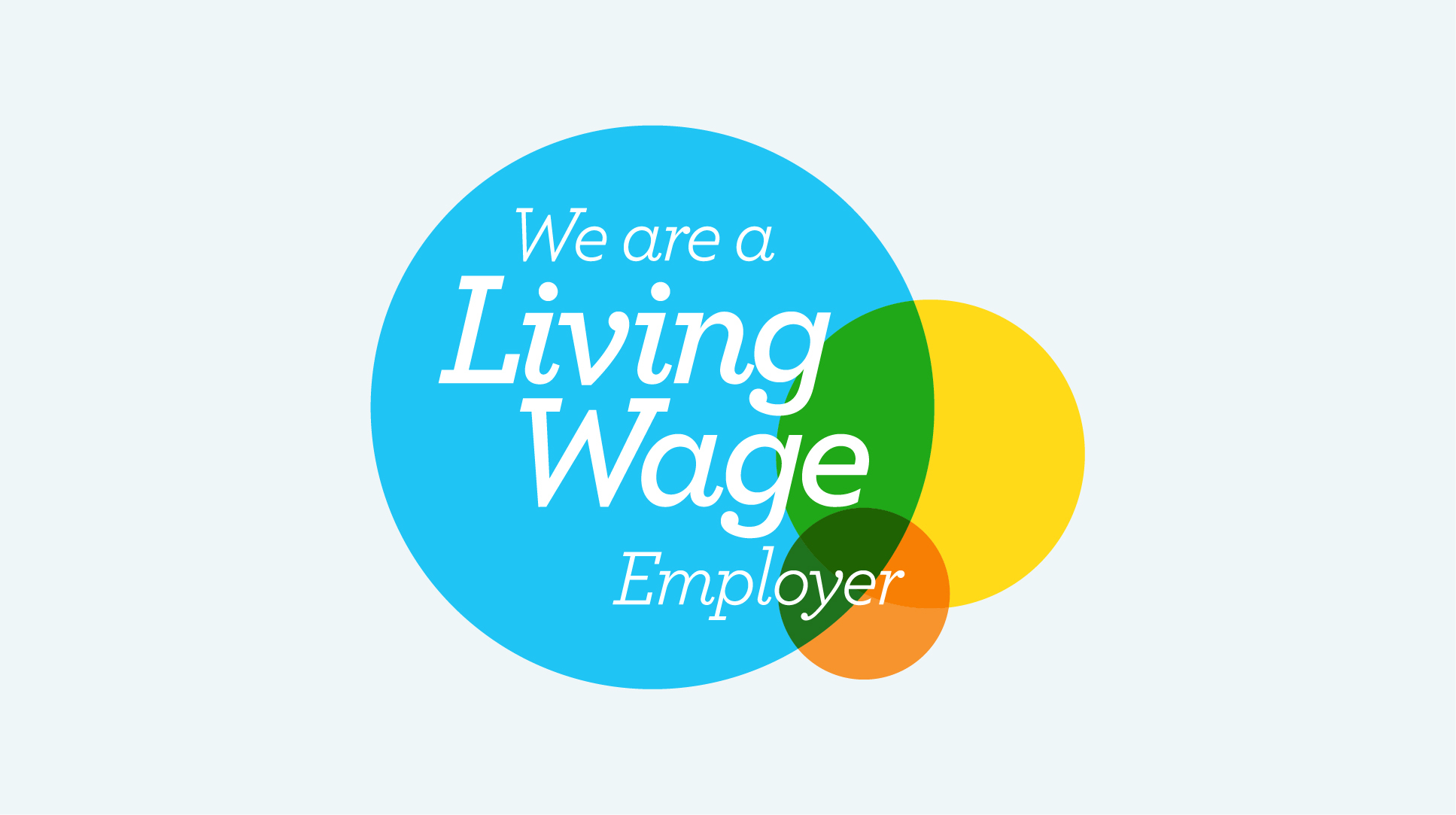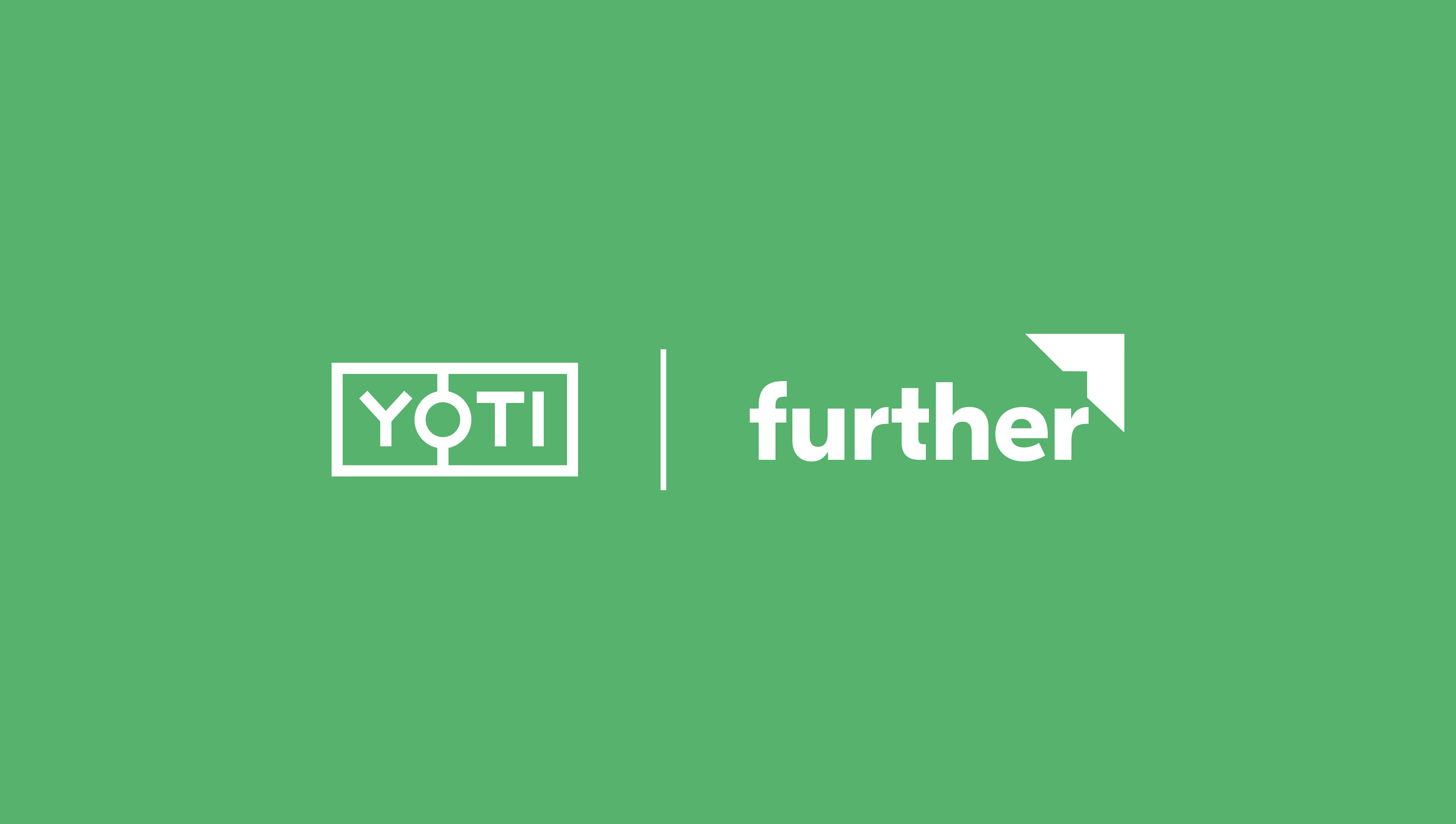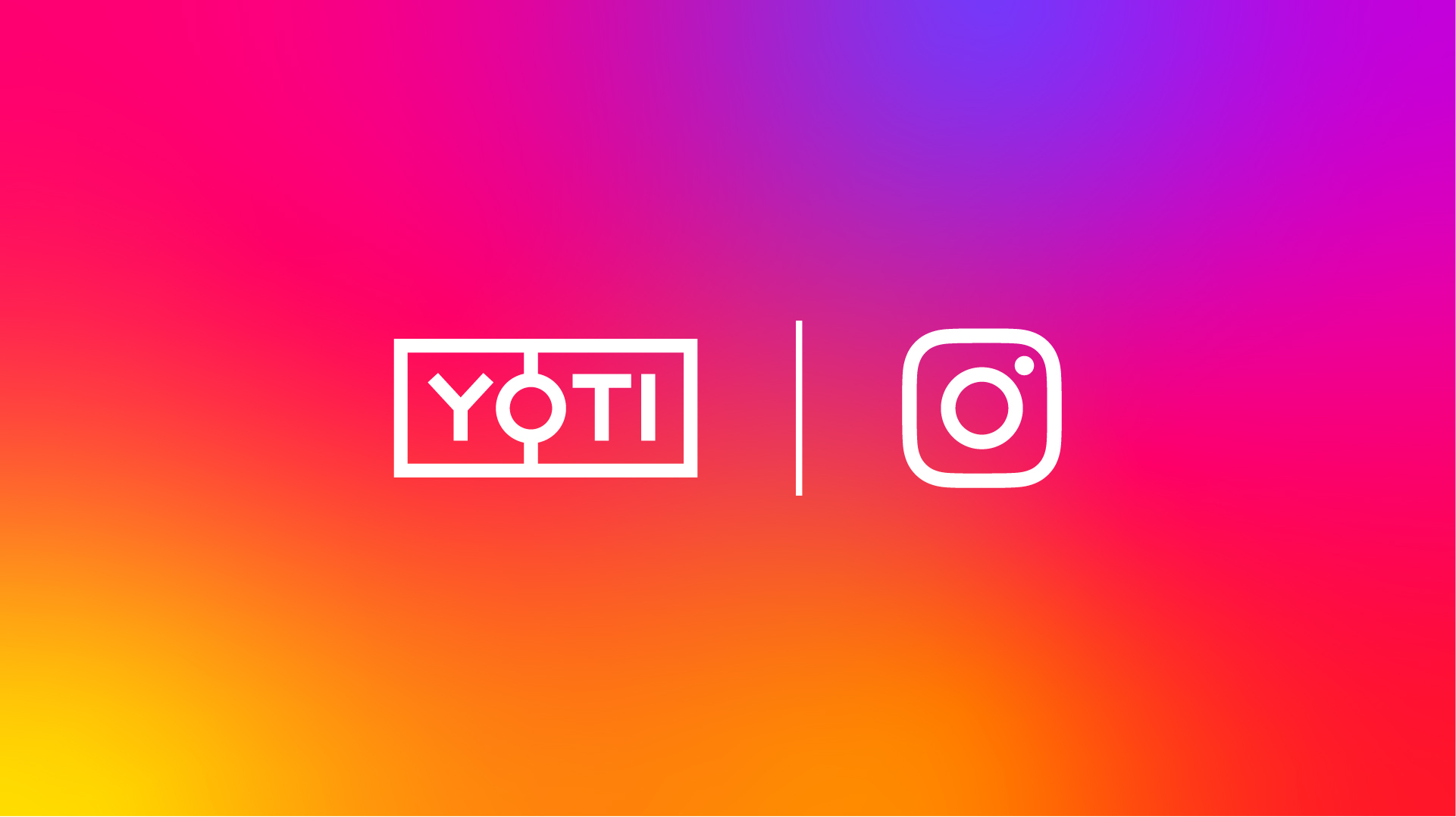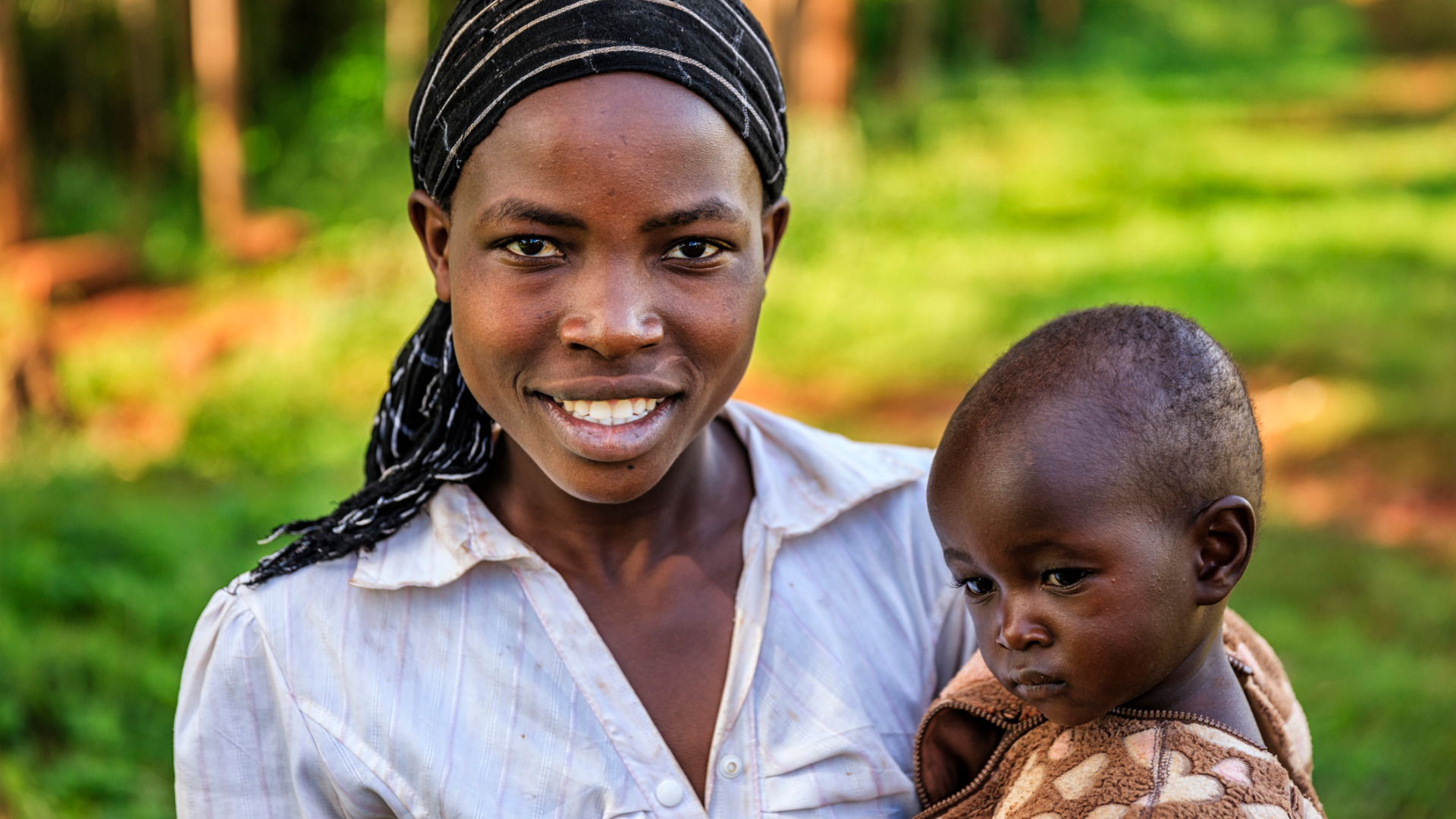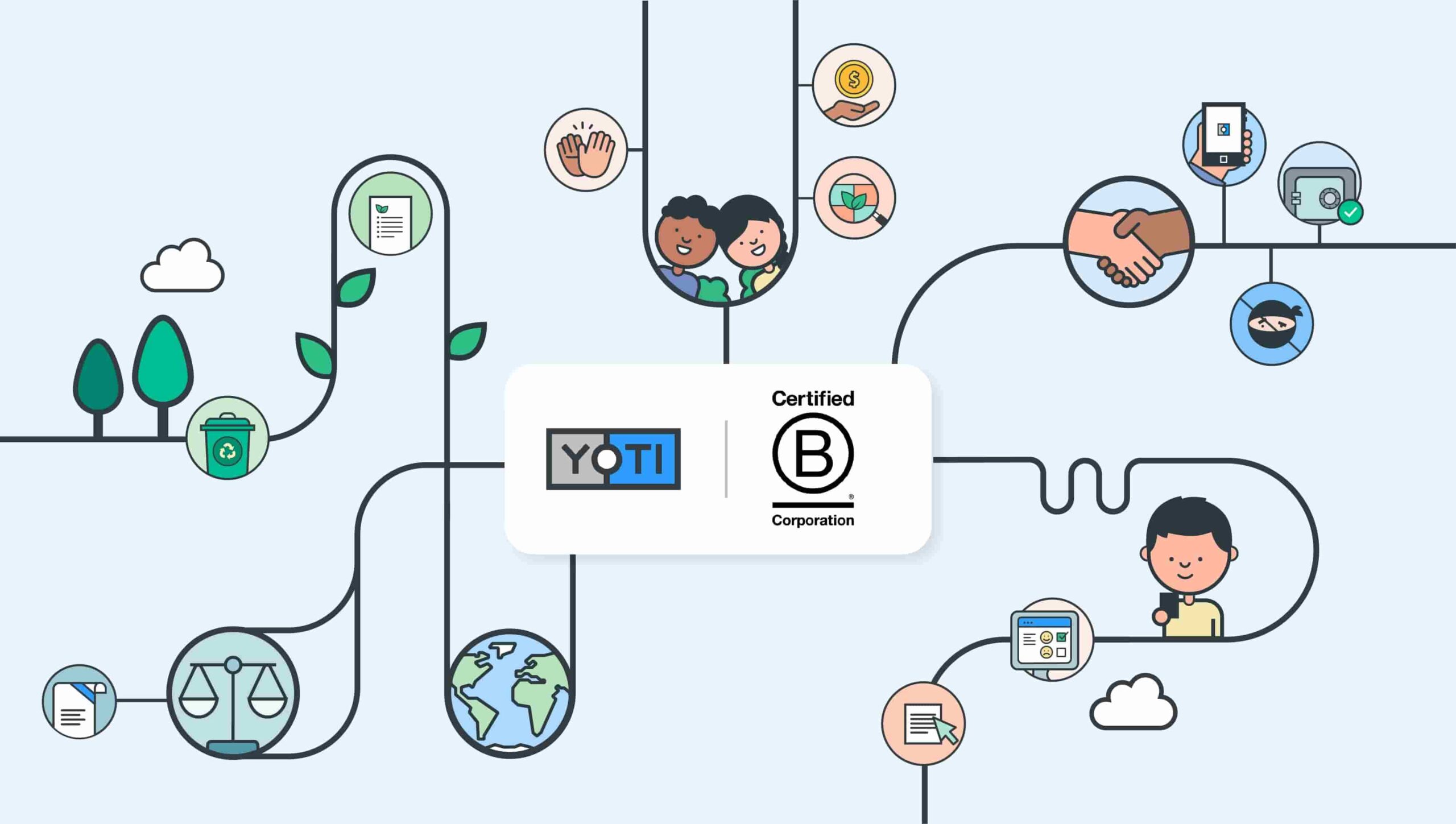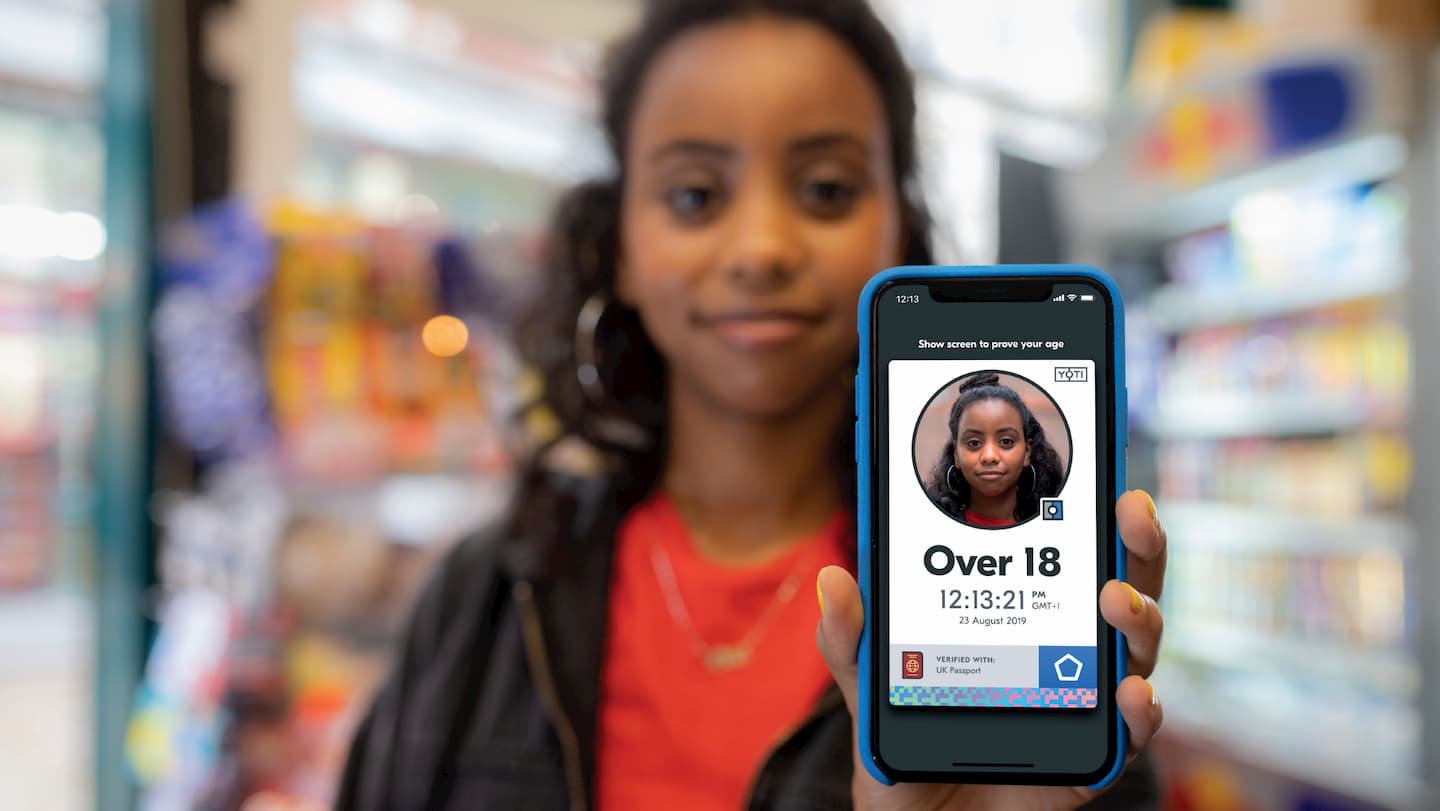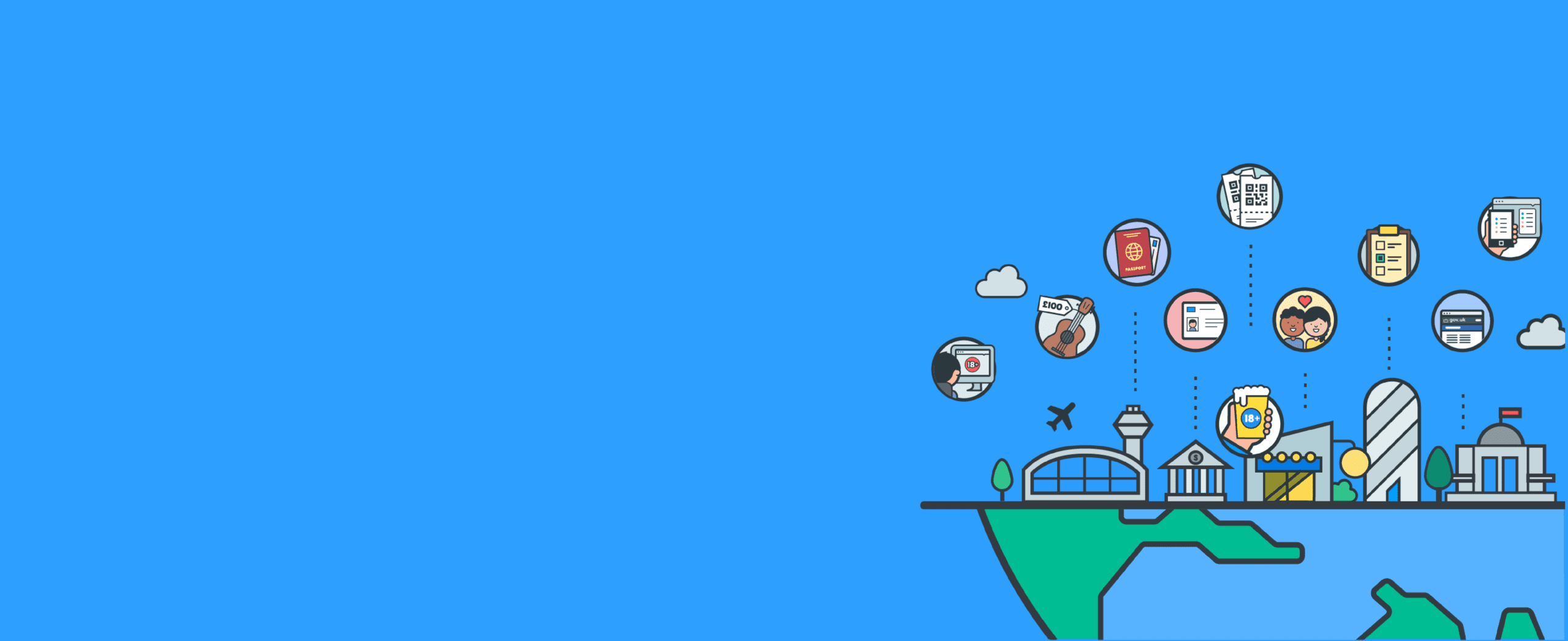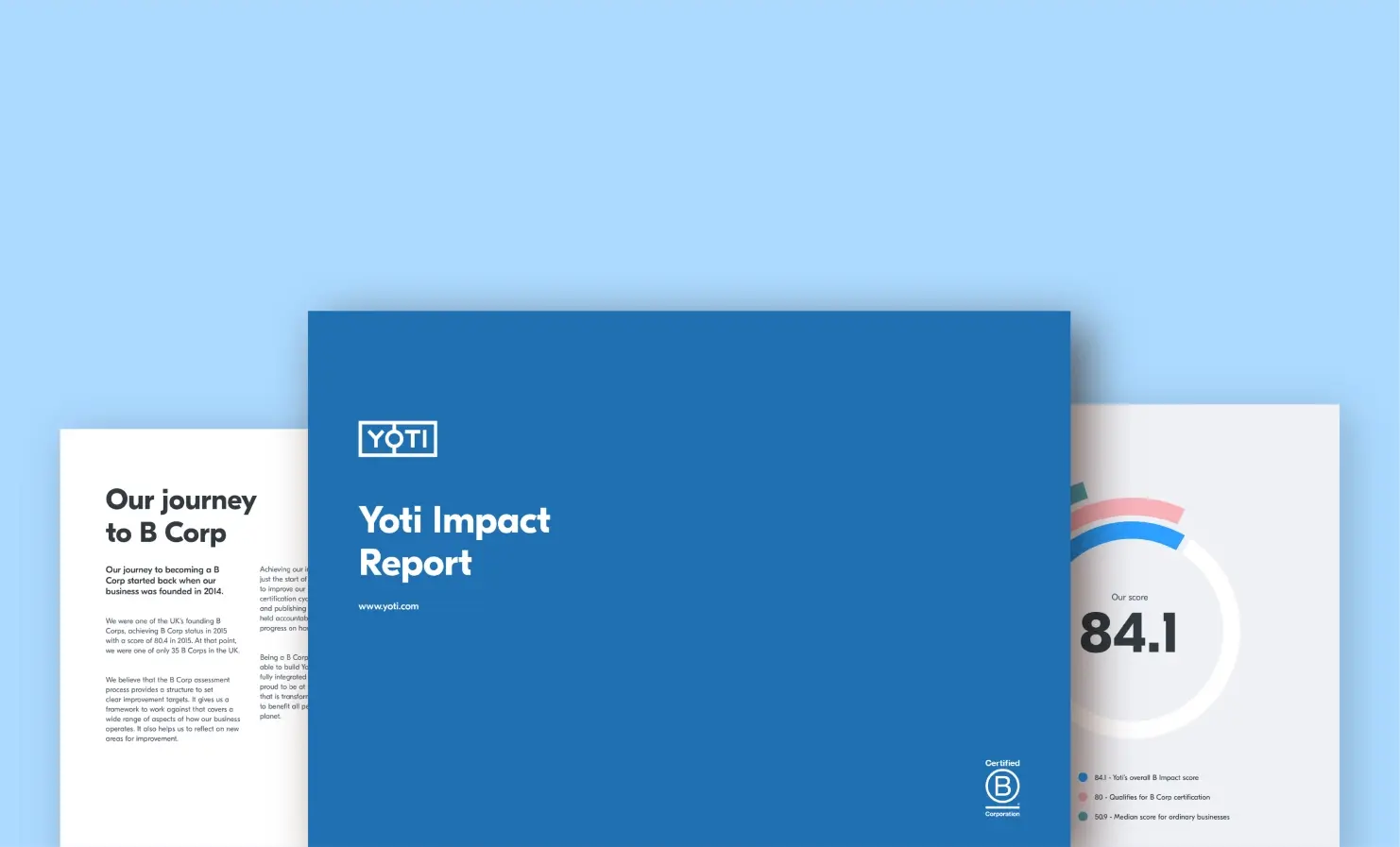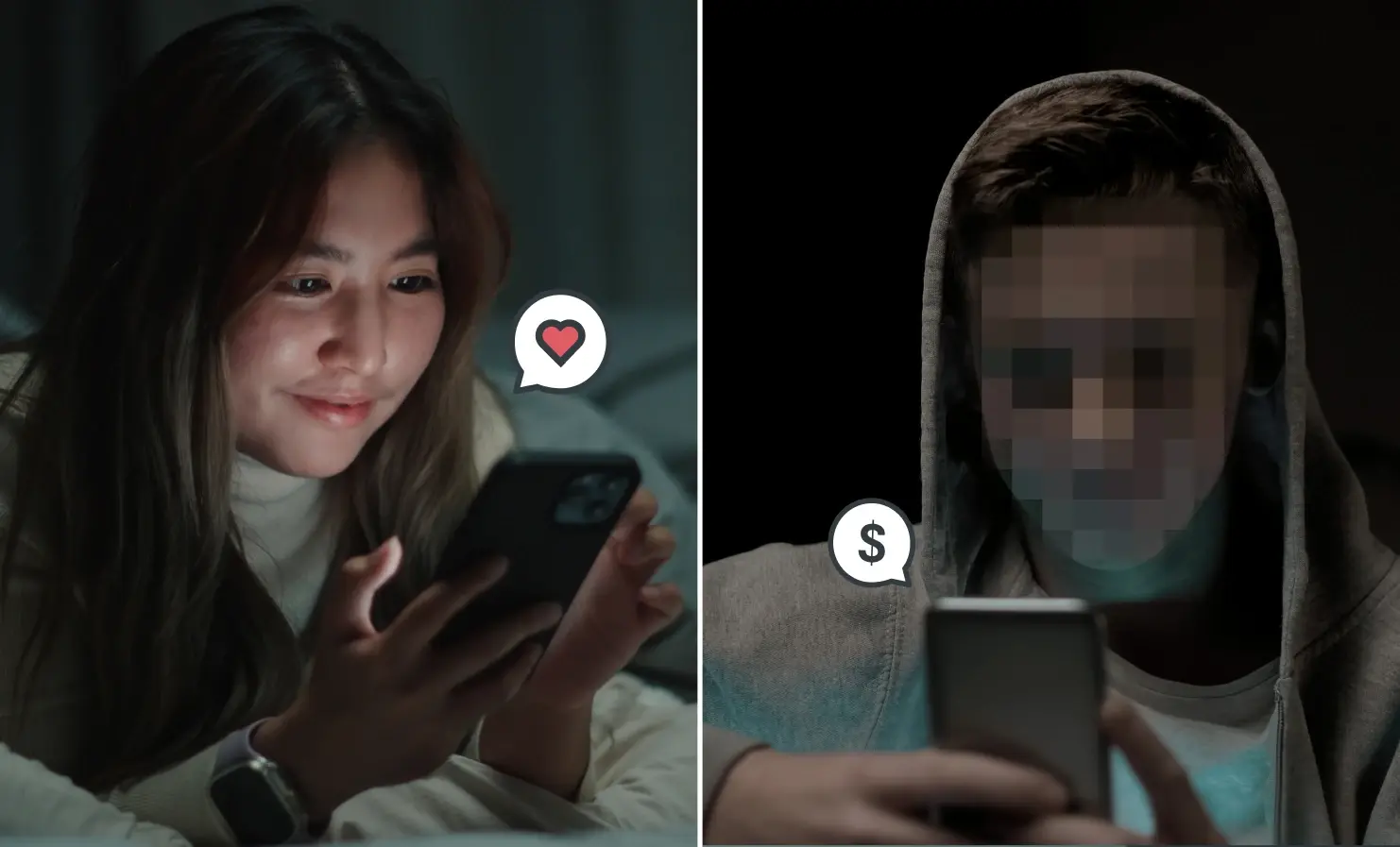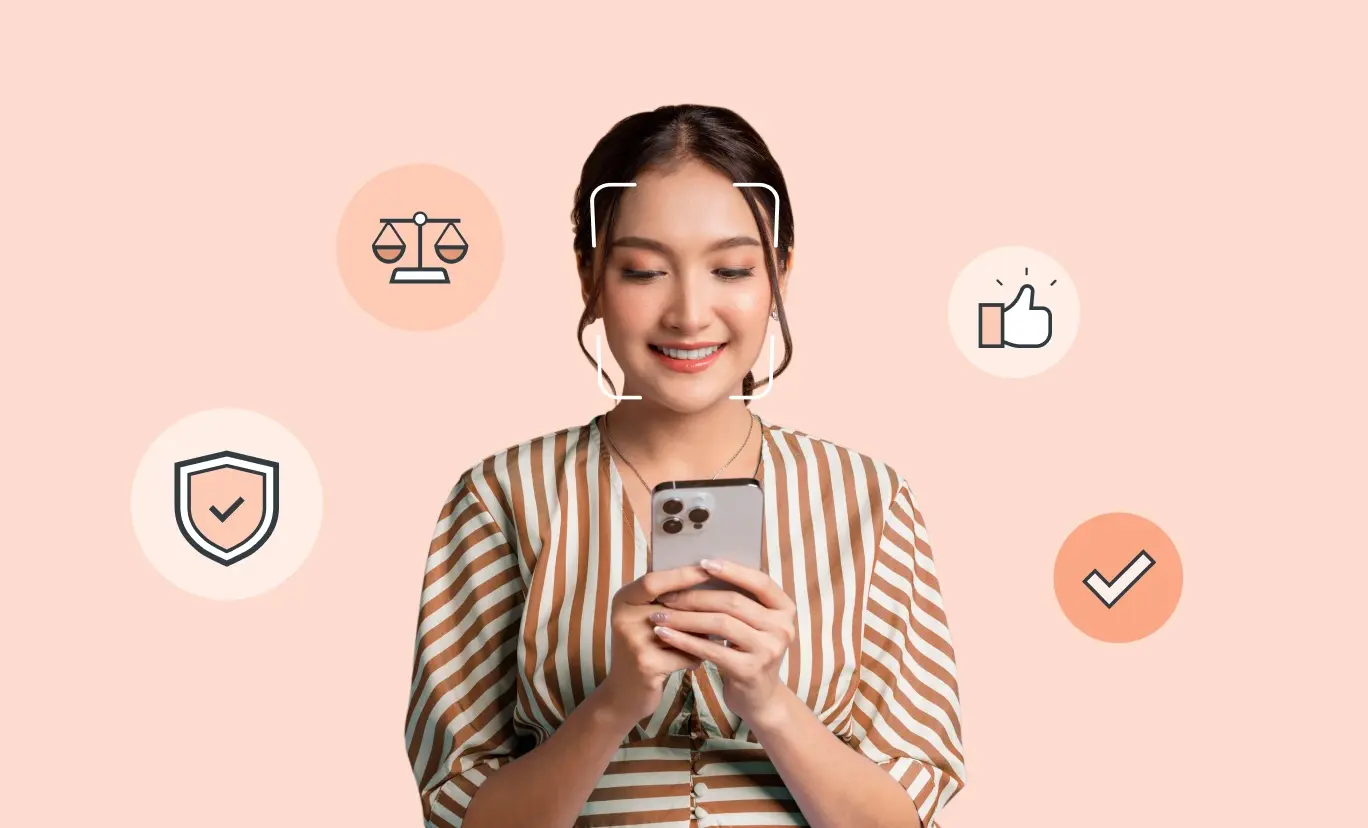Yoti blog
Stories and insights from the world of digital identity
uCheck launches digital identity checks with Yoti and the Post Office
4th August 2022 – Today, uCheck announces that all clients will now be able to complete DBS checks digitally, instead of having to manually check physical ID documents, streamlining and speeding up the process. Earlier this year, uCheck partnered with Yoti and the Post Office, the UK’s first certified Identity Services Provider (IDSP), who will provide the digital DBS checks. uCheck clients will be able to quickly and easily ensure that candidates have sufficient ID in line with DBS ID checking requirements. This can be completed online, via a digital ID app (such as Post Office EasyID or Yoti) or
Yoti is now an accredited Living Wage Employer!
We’re joining a movement of thousands that believe in a fair day’s pay We’re proud to announce that Yoti has received accreditation and joined thousands of organisations, businesses and people across the UK that support the real Living Wage. So what is it? It’s the only UK wage rate voluntarily paid by businesses who believe their staff deserve a pay that allows them to earn enough to live on and meet their everyday needs. Yoti has always been completely committed to the welfare of our staff and we value everybody across the company. We pay £11.05+ an
Further and Yoti partner to power the next generation of financial products
London, UK, 25th July 2022 – Investment platform Further has today announced a new partnership with digital identity provider Yoti, who will streamline the customer onboarding process, making it faster and easier for people to invest in their chosen funds. Under Financial Conduct Authority (FCA) rules, Further is required to provide appropriate identity evidence for investors when transactions take place. This is to prove that all investors seeking to invest in a fund via Further are who they say they are. By using Yoti and their partner Post Office for digital identity verification, Further will strengthen their KYC and AML
Helping Instagram provide new ways to verify age
Anyone who tries to edit their date of birth on Instagram from under the age of 18 to 18 or over is asked to verify their age. They can either upload their ID (which is powered by Meta) or use Yoti’s facial age estimation technology. This was first introduced in the US and has since expanded to the UK, Europe, Brazil, India, Mexico, Canada, South Korea, Australia, and Japan. Meta’s approach to age verification In 2019, Instagram began asking people to provide their age when signing up for the platform. Since then, they’ve continued to ask people for their
The future of Digital ID: What it means for you
Digital identity has become a hot topic for consumers and businesses alike. With more and more services being offered online, verifying your customers’ identities digitally has become so valuable and necessary. Proving who we are online or in-person should be easy, but it’s still not the case for over one billion people worldwide who lack a legally recognised form of identification. A further 6.6 billion people have some form of identification, but can’t use it and are left out of today’s digital ecosystems. As a result, many are prevented from accessing the most basic services. Businesses can’t reach potential customers
How could digital identity improve maternity and childcare in Kenya?
As we go about our social purpose work we regularly get to speak to local, national and international non-profit organisations. Over the years, we’ve found that many struggle to understand the many ways digital identity solutions might help them in their work. As part of our wider efforts to help the sector make sense of the technology, today we’re publishing the fifth of six articles looking at the use of digital identities in six different humanitarian and environmental settings. Please note that, while the technology use-case is real, the scenarios are hypothetical in nature, and the projects do not exist
Browse by category
Essential reading
Get up to speed on what kind of company we are

